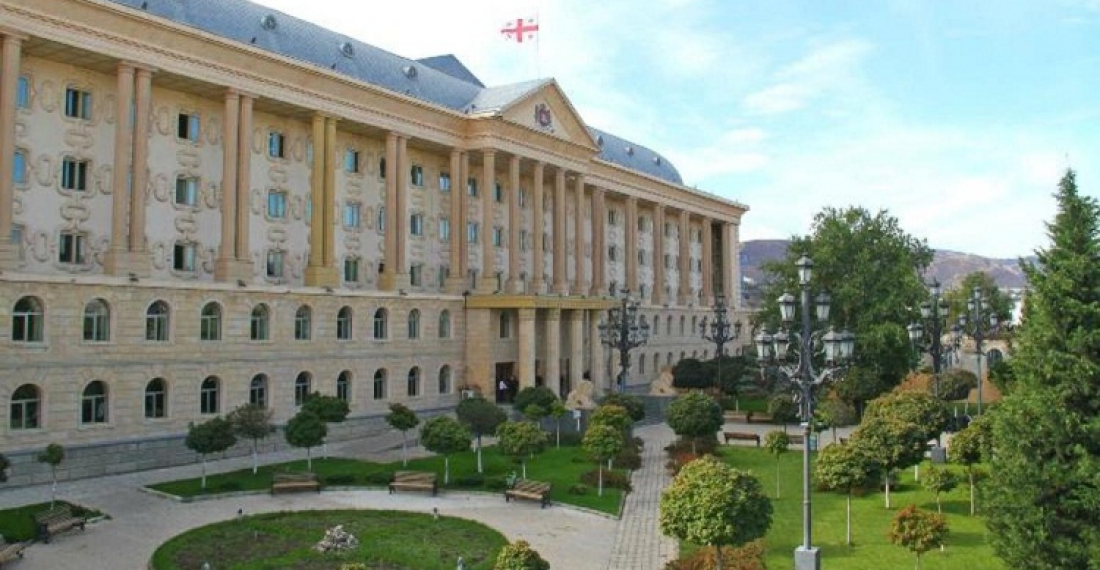A blunt statement issued by the spokesperson of the European Union on Wednesday (7 April) called on Georgia to revise the selection process of Supreme Court judges in line with Venice Commission recommendations, warning that this was also "a condition for the disbursement of the second tranche of macro-financial assistance to Georgia under its current programme."
The statement said:
On 1 April, the Georgian Parliament adopted legislative amendments reviewing the selection process of Supreme Court judges. The European Union has repeatedly expressed concerns over the shortcomings in this selection process and the applicable rules.
While the EU thus welcomes this initiative to amend the legal framework of the selection process, it is disappointing that the Georgian Parliament hastily designed and adopted these amendments without an inclusive consultation process. We regret that Georgia had already previously amended this legislation in a rushed process without a timely request to or awaiting the final opinion of the Venice Commission.
The European Union therefore strongly recommends Georgia to request as soon as possible a Venice Commission assessment on whether the adopted amendments comply with its previous recommendations. The new rules, once confirmed by the Venice Commission, need to apply equally to all applicants.
It is crucial that the Supreme Court, Georgia’s highest judicial instance, is composed of judges of utmost professional competence and integrity. Revising the selection process of Supreme Court judges in line with Venice Commission recommendations is also a condition for the disbursement of the second tranche of macro-financial assistance to Georgia under its current programme.






